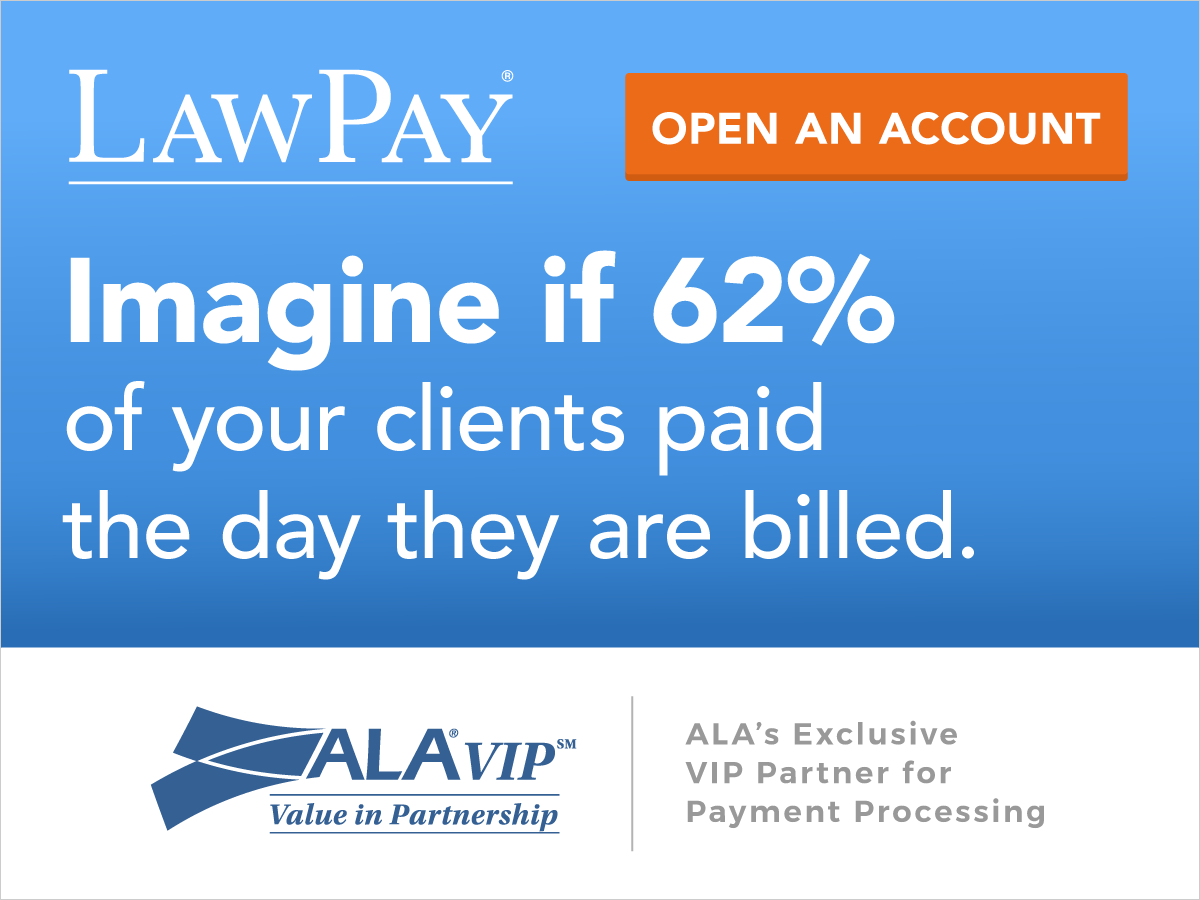“Staff members are extremely valuable components of a law firm,” says Brad Adler, Partner and General Counsel in the Atlanta office of Freeman Mathis & Gary, LLP. “Their departure can unexpectedly and dramatically disrupt an organization’s entire administrative efficiency.”
Departing staff can siphon off valuable organizational property in two categories, says Adler. The first is intellectual capital, consisting of the individual’s accumulated skills for which the law firm has typically invested time, effort and resources. The second is institutional knowledge of the firm’s internal operations. That includes marketing strategies and plans, financial information, hourly rates, fee arrangements, pricing and an understanding of client needs.
While law firms have always aimed to stem losses in both categories, recent changes in the work environment have lent urgency to the task. Employment relationships have become less stable, high-level talent is in greater demand, and recruiting has become more aggressive. Intellectual property — easily carted between firms — has become more valuable to organizational survival.
RESTRICTIVE COVENANTS
Law firms looking to protect their proprietary interests have a tool at their disposal in the form of restrictive covenants. “Post-employment restrictive covenants are similar to insurance policies,” says Adler. “They are proactive measures predicated on something happening that hopefully never does. While you don’t want to have to rely on them, their value crystallizes at the very time you need it most — when an essential employee leaves and goes to a competitor.”
Let’s take that first category of organizational value: intellectual capital. The loss of a single employee’s knowledge can transmute into a costly brain drain when the individual solicits colleagues to jump ship. The risk can elevate with higher-level employees. “Suppose a [chief financial officer] or [chief operating officer] has developed a relationship and a degree of loyalty with a certain team of individuals,” says Adler. “When that person leaves, there is a real risk that other team members will go along if they are solicited by the very person who was their leader for a period of time.”
“Suppose a [chief financial officer] or [chief operating officer] has developed a relationship and a degree of loyalty with a certain team of individuals. When that person leaves, there is a real risk that other team members will go along if they are solicited by the very person who was their leader for a period of time.”
Law firms can obviate such losses by having key personnel sign nonsolicitation agreements, also referred to as anti-raiding provisions. These restrictive covenants that keep departing personnel from luring away fellow employees are commonly used by businesses of all kinds.
“I don’t know of anything that triggers litigation more than a high-level employee leaving a company, and then coming under suspicion of being a pied piper and causing a bunch of other employees to leave,” says Joseph Y. Ahmad, a Founding Partner in the Houston law firm of Ahmad, Zavitsanos, Anaipakos, Alavi & Mensing. “Many times that gets articulated as some type of raiding claim.”
How about the other category of value — institutional knowledge? Law firms can use yet another type of restrictive covenant to obviate losses of sensitive and proprietary information.
“A confidentiality or nondisclosure provision prevents the departing employees from disclosing or using the proprietary or confidential information of their ex-employers,” says Joon Hwang, Shareholder in the Tysons Corner, Virginia, office of Littler Mendelson, PC. After defining the nature of the organization’s sensitive information, such agreements state that the signers will take measures to keep it secret. “The information in dispute does not have to be a ‘trade secret’ but must simply be confidential, proprietary or not publicly available.”
Nondisclosure provisions prohibit departing employees from disclosing confidential information to anyone else. State laws determine the maximum time periods for which such agreements are enforceable. In Georgia, the clause can exist in perpetuity, but other states have time limitations that often range from three to five years.
Whatever the category of organizational value being protected, there are two sides to the coin. When hiring staff from elsewhere, law firms need to avoid violating a rival organization’s own restrictive covenants. “Law firms should ask candidates to confirm they are not under any restrictions from coming to work,” says Adler. “They should be asked for copies of any agreements they signed with their current or previous employer. This will allow for an independent assessment of any obligations they might have which will impact their value to a new employer, or indeed whether they can work for a competitive firm at all.”
DEPARTING ATTORNEYS
Much of what has been said about staff members also applies to attorneys who are departing for competing law firms. “The things to think about for departing lawyers are confidentiality agreements and provisions for nonsolicitation of employees,” says Adler. The former would keep attorneys from disclosing institutional knowledge; the latter would keep them from luring away professional colleagues.
While business organizations of all kinds use noncompetes to keep staff from joining rival organizations and nonsolicit provisions of customers to protect revenues, Adler says he has never seen such covenants used to restrain the activities of attorneys migrating to rival firms. “The American Bar Association has come out and flatly said that a law firm can’t use noncompetes for lawyers,” says Adler. “The idea is that clients have a right to choose the lawyers they want, and courts are going to bend over to protect the rights of clients in these situations.”
“[New hires] should be asked for copies of any agreements they signed with their current or previous employer. This will allow for an independent assessment of any obligations they might have which will impact their value to a new employer, or indeed whether they can work for a competitive firm at all.”
There might be unique circumstances in a particular state that would approve the use of a noncompete for a lawyer, says Adler. But it would be a rare event. And there’s one more thing to consider: “Most firms would want to resolve any disputes in this area on a private basis, since a public fight doesn't benefit anybody.”
The same goes for covenants restricting client solicitations. “I have rarely seen them in agreements signed by lawyers, but that doesn’t mean they wouldn’t be enforced or that there aren’t firms that have them,” says Adler.
If restrictive covenants can be valuable resources for law firms looking to stem losses of intellectual capital and institutional knowledge, the fact remains that the documents’ powers are negative in nature. Activating them can cost much time and effort and damage staff morale and public reputation.
A much more productive approach is to ensure staff members don’t want to leave your legal organization in the first place. “In the end, law firms would prefer to not use their restrictive covenants,” says Adler. “The best way to assure they remain idle is to treat staff members well by adequate compensation, recognition, provision of advancement opportunities and recognition of the value of work-life balance.”


